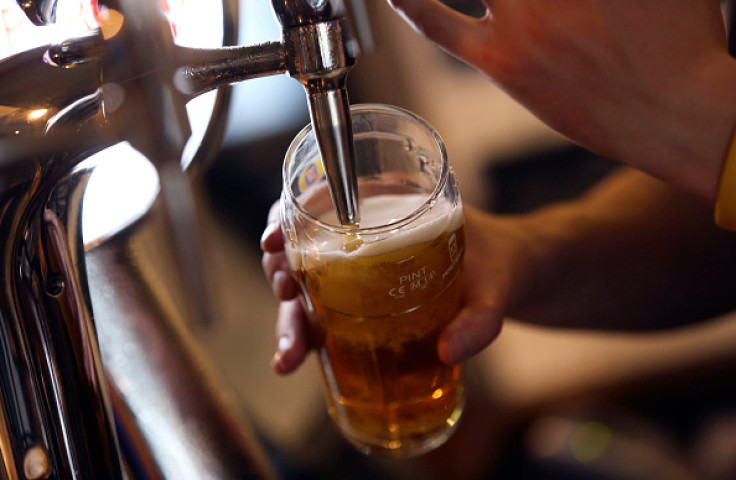Smelling booze linked to a loss of self-control

Smelling alcohol may reduce some people's ability to control their behaviours, scientists have said.
Their findings, published in the Psychopharmacology journal, suggest that simply breathing alcohol can lead to a loss of self-control. It may also help researchers get new perspectives on addiction.
The scientists, from Edge Hill University conducted a small experimental trial. They divided 40 participants in two groups: one wore face masks laced with alcohol, the other masks with a non-alcoholic citrus solution. The volunteers were then sat faced to computers screens, where images and letters were presented to them. They were instructed to press a button in only two cases: if they saw the letter K appear or a picture representing a bottle of beer.
More "false alarms"
Each time a participant pressed the button incorrectly, this was recorded, to allow the scientists to measure the number of "false alarms" in both groups. They found the number of false alarms was higher in the group of individuals breathing alcohol in the masks. They also discovered that reaction times were slower with people wearing alcoholic face masks.
According to the researchers, the false alarms are a sign that the participants are unable to inhibit their behaviour and control their actions when they were expected to. "This research is a first attempt to explore other triggers, such as smell, that may interfere with people's ability to refrain from a particular behaviour. For example, during the experiment it seemed that just the smell of alcohol was making it harder for participants to control their behaviour to stop pressing a button", explains co-author Dr Rebecca Monk.
This is only a small experiment, and more research is needed to understand how alcohol behaviours are shaped not only by drinking but also by smelling. However, fellow researcher Derek Heim believes such studies can deepen our understanding of addiction and substance abuse.
"Our hope is that by increasing our understanding of how context shapes substance-use behaviours, we will be able to make interventions more sensitive to the different situations in which people consume substances", he concludes.
© Copyright IBTimes 2024. All rights reserved.






